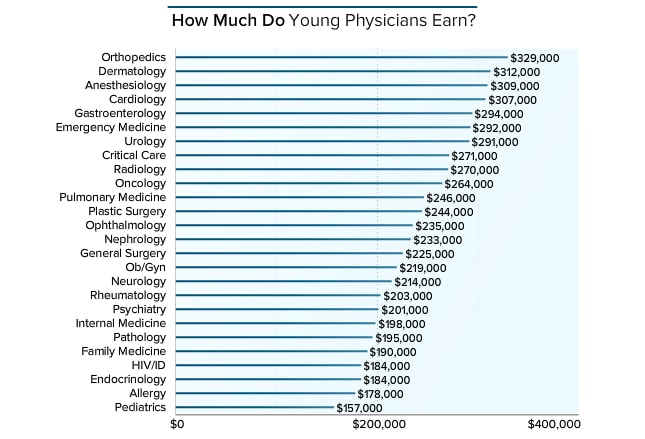Is that any different than anyone, anywhere, who goes to anybody else, anywhere else looking for a job?

It's no more greedy or fearful than selling your Apple stock because you think the iPhone is a fad. Hardly worthy of the contempt you show.
This is where you confuse cause and effect. The businessmen were coming, regardless. Physicians didn't come up with bundled payments. Physicians didn't cause the cost of healthcare to explode (our salaries are less than 1/10th the cost of healthcare in the US). Physicians didn't conjure the Affordable Care Act. Physicians didn't invent CMS and hire the werewolves and vampires at the Joint Commission. Businessmen did all those things.
The businessmen came because the system was bloated, full of money-extraction opportunities for middlemen. It is increasingly bogged down by regulations and certifying agencies, and physicians were (and are) generally unmotivated and ill-equipped to handle it all.
I share your anger about that. I hate being referred to as a "provider" ...
But the biggest deficiency in your sense of perspective is that it's not just anesthesia, it's all of medicine ... and it's not just medicine, but the entire economy. You're angry that the Anesthesia Dream isn't what you thought it would be? Get in line behind the other 300 million people here who are having more trouble realizing the American Dream than their elders.

